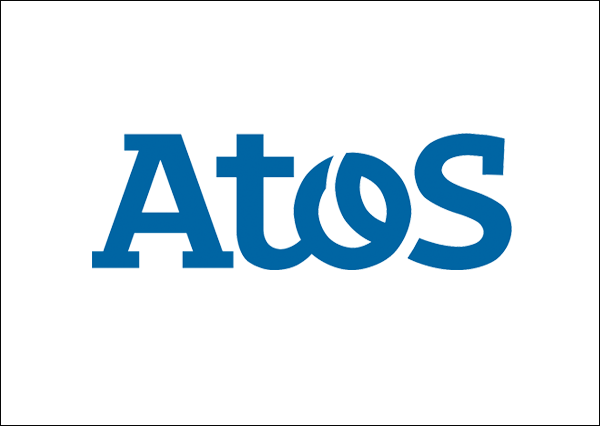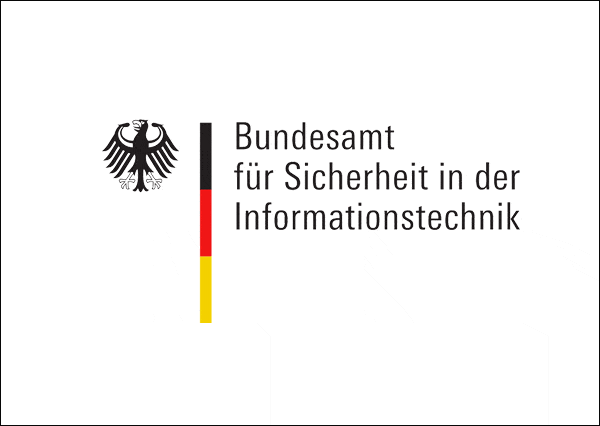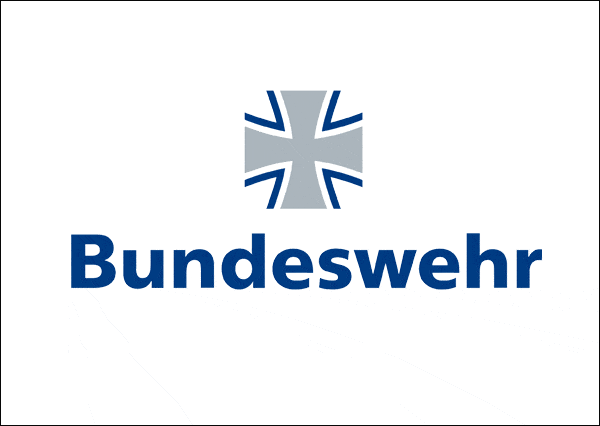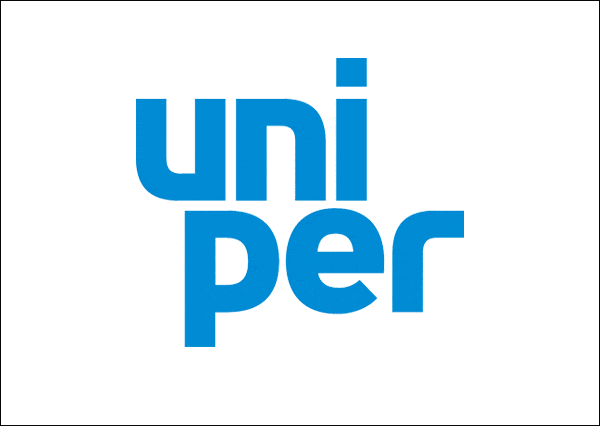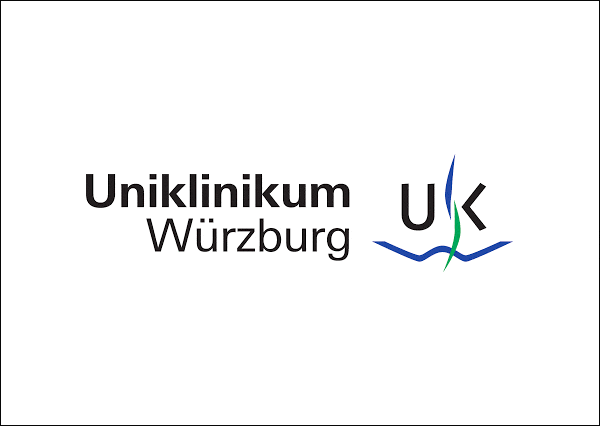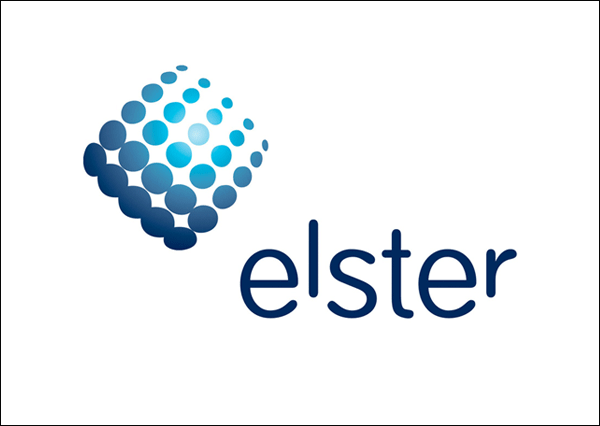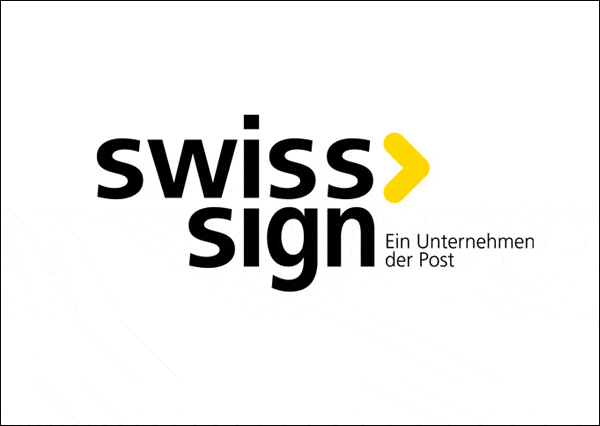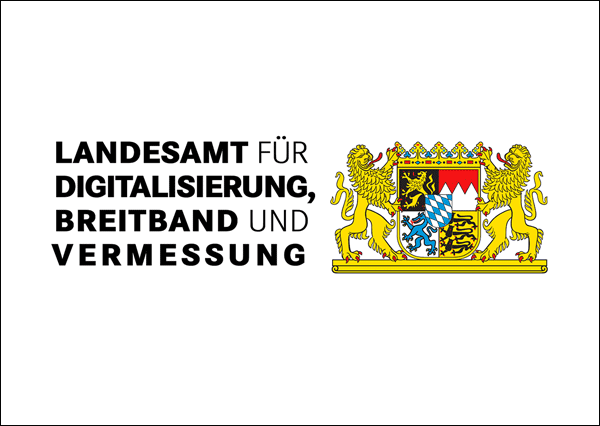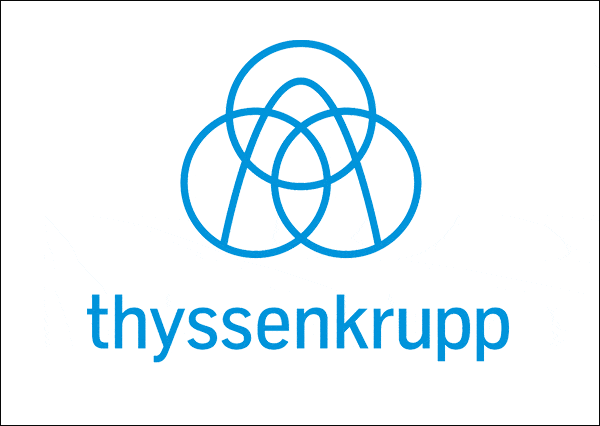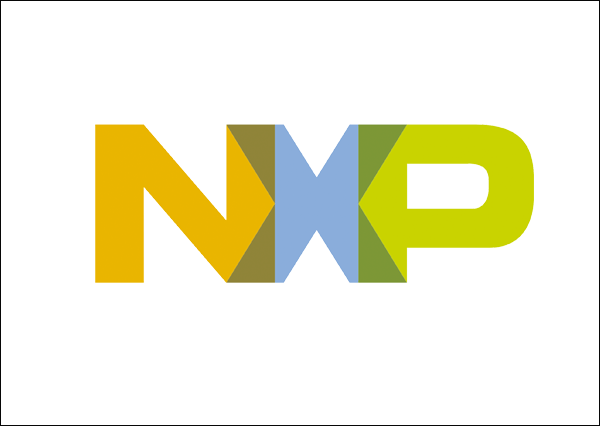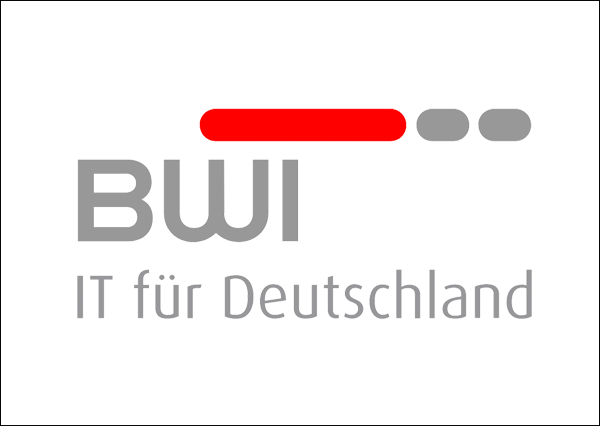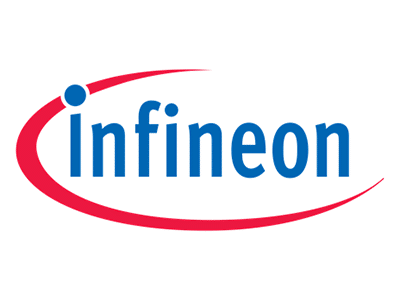Digital Identity
Home of cryptovision and IDnomic solutions:
We protect electronic identities with cryptographic solutions and applications for secure elements, digital identities and user-friendly encryption.
...
What is EVIDEN?
EVIDEN is an Atos spin-off and clusters digital, cloud and big data & security business with headquarters in Paris. The annual revenue in 2022 was € 5 billion and the global headcount stands at 57.000.
How cryptovision and IDnomic became part of Eviden‘s Digital Identity unit

Why EVIDEN?
We wanted a sharp new name for the digital, cloud, advanced computing, big data and digital security parts of the business that reflects where we come from and our mission for the future. Inspired by the word evidence, Eviden evokes the pursuit of new perspectives driven by our clients’ data. Eviden is a digital powerhouse, bringing together proven world-class talent and unique technology capabilities.
MFA Against Phishing
Signature-based MFA with secure private keys, such as FIDO and certificate-based authentication. Want to safeguard your business? Download our whitepaper now to learn more!
Digital ID Newsletter
What’s new in the world of e-ID? What recommendations do the cryptovision experts have on current security incidents? Where can you meet representatives of our company in person? If you are interested in this and similar information, please subscribe to our newsletter.
PQC ready
Innovative extension for cryptovision GreenShield: Preview module for post-quantum cryptography
Digital ID News
cryptovision GreenShield sets new standards in accessibility
The GreenShield Mail and GreenShield File encryption software sets new standards in terms of accessibility. The DAkkS-accredited test report for version 1.4.0.508 of the...
IDnomic CMS 6.0 Released
Faster deployment with a web-based client, greater ease of use with a brand new end user UI, reduced resource consumption, and several modernized features – these are the key...
Eviden Digital Identity at ID4Africa
More than 2000 participants and over 100 exhibitors from all over the world will be present when ID4Africa opens its doors for the eighth time from May 21 to 24. The venue for...



